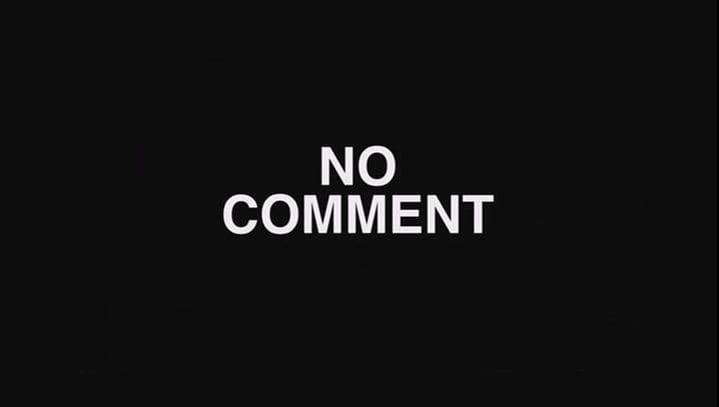When the s**t hits the fan don’t say ‘No comment’
What follows is a true story but the names and a couple of details have been changed to protect the innocent (and in this case they were innocent).
A fortnight ago I got a call from a stressed client saying his lettings department had just received a call from the local paper.
His agency’s office is based in a popular northern university town and does lots of business in the student lets market.
The reporter was calling to ask the agent about complaints from local residents that students had held the mother of all night parties in a house marketed by my client.
How did the local paper know who to call? Well you didn’t have to be Columbo to see the Let board outside the house to start your enquiries on the right track.
During the call from my client I asked questions to get to the bottom of the story and be equipped with the full facts before responding to the reporter myself.
Yes the agency had marketed the property but that was more than a month ago. The house was managed by a private landlord and as the paper couldn’t get hold of her they spoke with my client.
In situations like this too often agents or indeed many other businesses I’ve seen will pull down the shutters, say a terse ‘no comment’ and hope for the best. Good luck with that approach guys.
But it’s probably a better technique than shouting to the newspaper’s property manager ‘If you run that story we’ll pull our advertising.’
That’s really no way to deal with unwanted attention (remember in this digital age it might not be the local paper, it could be a community forum for example).
Saying ‘no comment’ or simply ignoring the media is THE worst thing you can do.
What do you think when you see an under pressure politician or a rogue trader respond to the media by saying ‘no comment’?
If you are like 95 per cent of the adult population of our fine little island you’ll be thinking ‘They’re dodgy, they have something to hide, they must have done it.”
But because my client retains the service of a former journalist turned PR protector of professional reputations (come on I had to get a little pitch in didn’t I?) this drama didn’t turn into a crisis.
Here’s how we handled this situation:
I spoke to the reporter, asked for a summary of the story and for his deadline for our reply.
I also explained that although we marketed the property we didn’t manage it and the responsibility for keeping the students in line was the landlord’s.
Then I agreed with the reporter that we’d have a written response with him by 5pm that day.
The response was from the lettings manager and clearly outlined the agency’s role, responsibilities and how it was going beyond the call of duty to contact local residents, the students involved and the university to ensure that this wouldn’t happen again.
So rather than a blunt and brainless ‘no comment’ our response was clear, detailed and showed we took the incident very seriously.
When the story went online and in print the reporter was fair to us and we came out of it looking professional, proactive and responsible – which the agency in question is.
We did all we could to reduce any potential negative impact on the agency’s hard earned, good reputation and it worked.
Having a plan for possible negative media attention is a must for any estate agency. It’s like car insurance you only realise its worth when you’ve had a crash and you’re fully covered.
I’ve seen agencies really cock this up by ignoring the media and end up with their image and reputation taking a battering.
If you ever find yourselves in this situation my advice is be as honest as possible, act quickly and take advantage of your right to reply rather than say those awful two words….. ‘no comment.’
Anyway I hope this helps and if you have any PR related questions please feel free to get in touch at: Jerry@propertyprexpert.co.uk
Here’s to your next instruction.
Jerry
When I’m not helping clients avoid a media mauling I ghost write blogs, produce newsletters and get agencies noticed by the press for all the RIGHT reasons.









